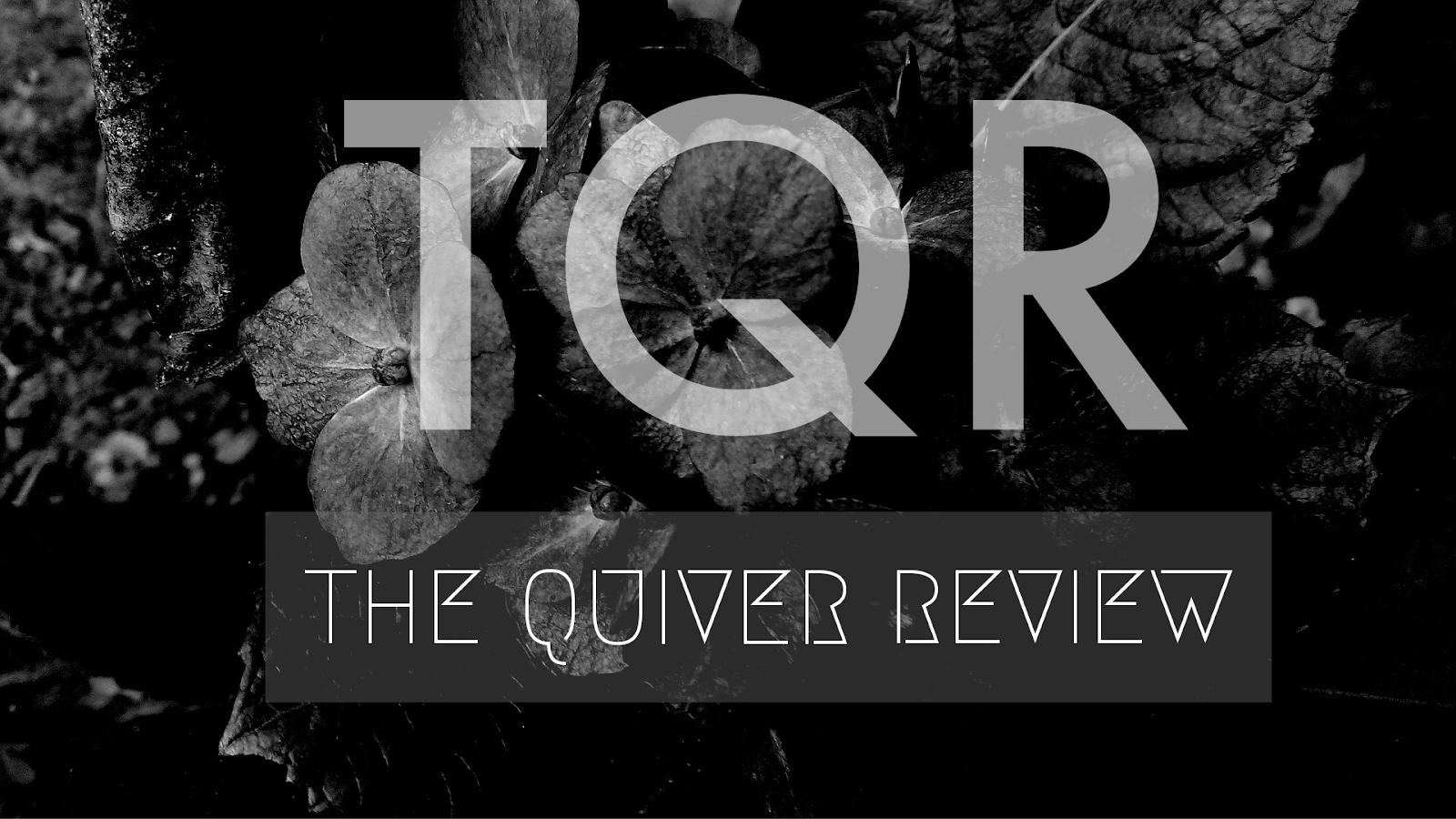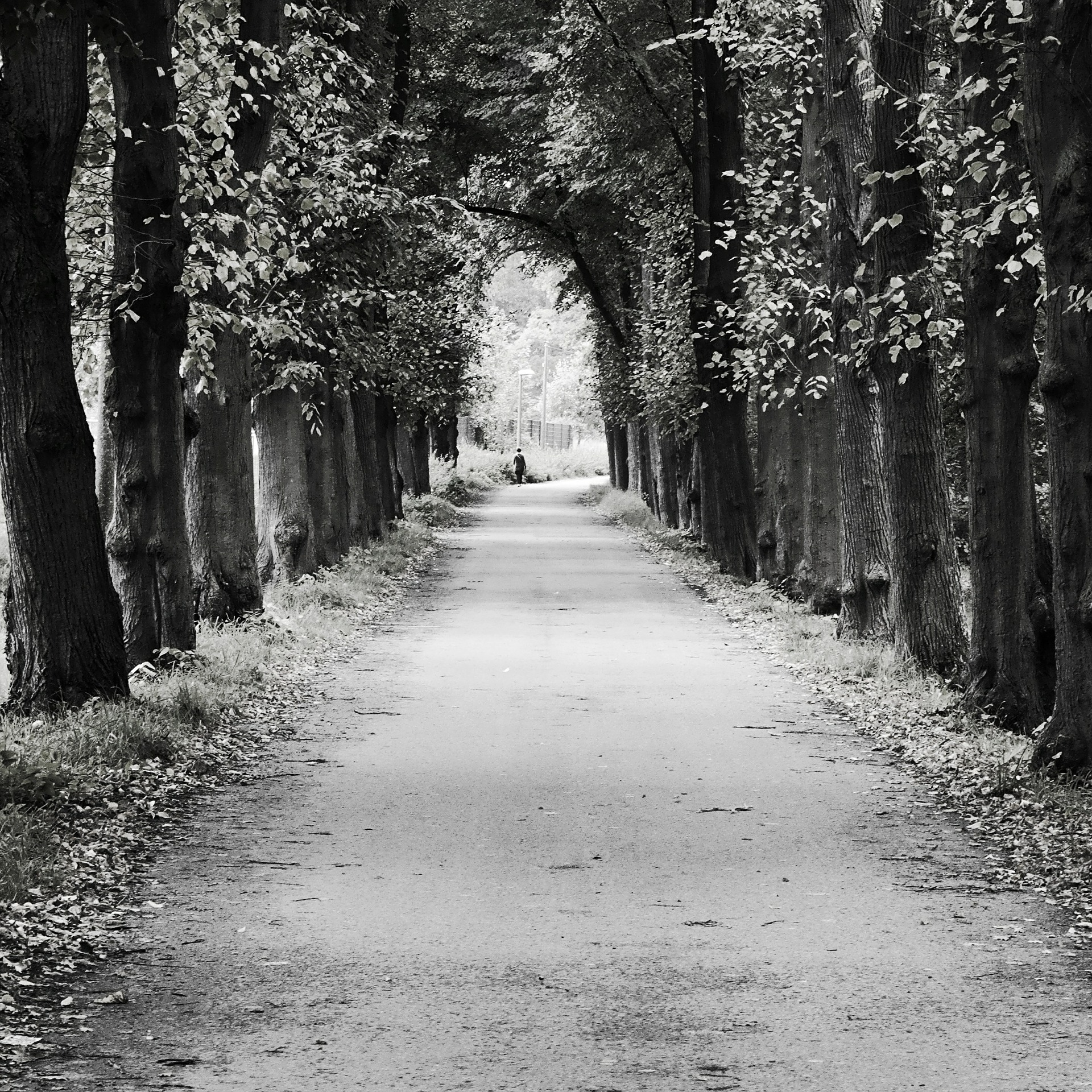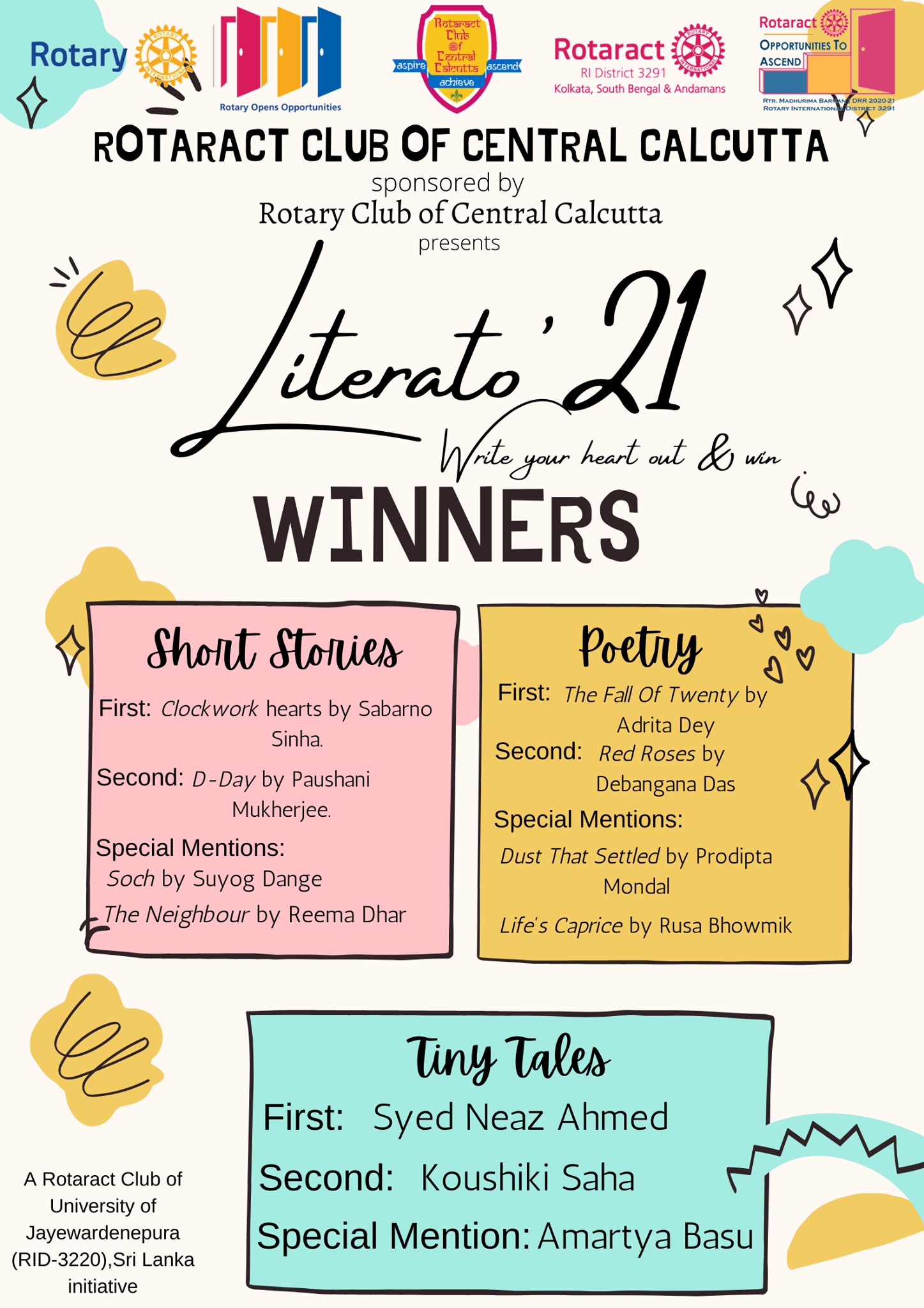Whispers from the riverbank in Aneek Chatterjee’s Last Evening Was a River—Dithsa Sanyal
Bibliographic Information
Name of the Book: Last Evening Was a River
Author: Aneek Chatterjee
Publisher: Penprints
Language: English
Year of Publication: 2024
ISBN: 978-81-974036-1-3
Price: INR 300 | $25
Aneek Chatterjee does not merely write poems; he unearths interior landscapes, douses them in a chiaroscuro of memory and melancholia, and hands us a mirror that is often more truthful than we are prepared for. In his collection of poems “Last Evening Was a River”, he disorients, whispers, revolts, and at times even bleeds into the papers. He carves a space for deeply intimate reckonings and an unapologetic refusal to perform poetry for mere applause.
This fifth poetry collection from Aneek Chatterjee delivers a lyrical map of a world marked by both personal and collective reckoning, which intersects in haunting counterpoint. What makes it distinctive is its thematic amplitude, which ranges from existential ache to fragmented modernity and quiet political rage, along with his philosophical provocation disguised as lyrical simplicity.
A poem like “Unhappy” slyly subverts utilitarian philosophy through the grotesque self-caricature of the poet as a pig, while “I don’t create poetry” dismantles the institutional shelf-life of verse, redirecting it toward the margins: the red-light area, the broken footpath, the discarded line nestled in “the cleavage of your breast.” Throughout, Chatterjee’s lines shimmer with a paradoxical elegance where they are both brittle and buoyant in their lyrical cadence. Poems such as “Swimmer” and “Amoeba” reimagine fragility as a survival ethic; “Of green grass, dew and sunrays” becomes a quiet generational elegy. The symbolic register is intense.
The titular poem, “Last Evening Was a River,” is emblematic of Chatterjee’s project. The river becomes time, memory, art, and aftermath all at once— “an elephant embracing a lion”, surreal impossibility rendered believable through poetic conviction. Yet the collection does not linger in solipsism. It is acutely aware of its place in a wounded world. “Saplings,” “Fossils,” “It’s Spring Here,” and “Eight Six by One, Mortgage Street” stitch together a tapestry of ecological dread, cultural decay, and urban displacement. Furthermore, the poet also invokes global political events through his lyrics in “It’s Spring Here”. Chatterjee momentarily locates the reader in Kyiv, Kabul, and Baghdad showcasing his ability to globalise the local and localise the global.
Across the 86 poems, there is a remarkable textural shift from the inward-facing lyric to an outward-looking social gaze. For instance, the poem “City Folks” bring in the jungle which is not simply a metaphor. It is also a brilliant metonym for the displacement of natural innocence by urban sprawl. In addition to that is the poem, “The Woman”, which is a quietly subversive piece that collapses the binaries of personal and political, refusing categorization within neatly gendered or academic frameworks. Chatterjee speaks in a voice that has felt the tremors of systemic collapse. However, he does not allow it to descend into fatalism. There is always a flicker, sometimes dim, sometimes defiant—of human agency.
Formally, the collection embraces the elasticity of free verse but tightens its grip with a musical intuition. Rhythm and pacing are controlled with precision, despite the seemingly conversational tone. Some poems arrive in staccato, breathless fragments resembling thought patterns or sensory flashbacks and some glide with slow, meditative weight. This contrast creates a push-pull effect, mirroring the very themes of fragmentation and cohesion, of searching and surrendering. Stylistically, Chatterjee’s vocabulary is refreshingly democratic. He never alienates with obscurity, nor does he ever condescend. His metaphors seem grounded in tactile experience and point to metaphysical truths. In a literary climate often saturated with aesthetic elitism or performative despair, Chatterjee’s authenticity feels urgent.
What is radical about ‘Last Evening Was a River’ is its tonal multiplicity. A poem like “Friends” conjures a beer-drenched camaraderie with cinematic ease, while “The Music” mourns the loss of a grandmother through the quiet dissonance of a changing soundtrack. Aneek Chatterjee moves between the metaphysical and the mundane with a magician’s finesse. This poetic volume demands a reader who is willing to sit with disquiet, ambiguity, and revelation. In the landscape of contemporary Indian English poetry, Chatterjee’s voice delivers a disarming sincerity. He never postures as a detached intellectual or an ornamental wordsmith. What he offers are deeply humane poetics rooted in vulnerability. One cannot ignore the emotional architecture of the book where grief is never decorative. In this poet’s hands, grief is lived and observed.
Ultimately, this is a book that rejects linear closure. Its final pieces, including “To A Fresh Pilgrim” and “Rainwater, Home,” suggest that poetry is not a destination, but a residue. Chatterjee does not pretend to resolve the dilemmas he raises. Instead, he composes a poetic fugue where silences speak, margins move, and every poem is a fugitive, “absconding forever” and yet somehow still whispering from the riverbank. To read “Last Evening Was a River” is to realize that poetry is not dead. It is simply hiding in the quieter corners of language, waiting for voices brave enough to whisper rather than roar. Aneek Chatterjee is one of those voices, and this collection, quite simply, is a triumph of restraint, resonance, and radical interiority. He emerges as a cartographer of emotion, an archivist of silences, and a careful chronicler of that which is often overlooked. His poetry lingers; absorbed slowly and impossible to forget.
About the reviewer:
Dithsa Sanyal hails from an English Literature background, and she is an independent reviewer.











Comments